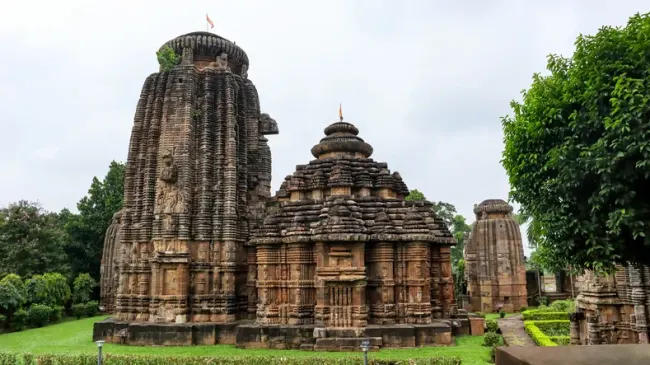Introduction
India, with its rich cultural heritage and diverse landscapes, attracts millions of visitors each year. Understanding the various TYPES OF INDIAN VISA is crucial for anyone planning a trip to this vibrant country. This guide will provide an in-depth look at the different INDIAN VISA TYPES available, helping you determine which one suits your travel needs.
Overview of Indian Visa Types
India offers several visa categories to cater to the diverse needs of travelers. Whether you’re visiting for tourism, business, medical treatment, or other purposes, there’s a specific visa type for you. Here are the primary INDIAN VISA TYPES:
- Tourist Visa
- Business Visa
- Medical Visa
- Student Visa
- Employment Visa
- Conference Visa
- Journalist Visa
- Research Visa
Each visa type has its specific requirements and application procedures, which we’ll explore in detail.
Tourist Visa
The Tourist Visa is the most common TYPES OF INDIAN VISA. It is intended for those visiting India for sightseeing, recreation, or meeting friends and family. This visa typically has a validity of six months to one year, with multiple entries allowed.
Eligibility Criteria
- Valid passport with at least six months of validity.
- Sufficient funds to support your stay.
- Return or onward journey ticket.
Business Visa
The Business Visa is designed for professionals visiting India for business-related activities, such as meetings, conferences, and trade negotiations. This visa can be valid for up to five years, depending on the nature of the business and the applicant’s profile.
Eligibility Criteria
- Invitation letter from an Indian business or trade organization.
- Proof of business activities, such as company registration or business card.
- Valid passport and financial statements.
Medical Visa
The Medical Visa is for patients seeking medical treatment in India. This visa allows the patient to receive treatment at recognized medical institutions and is valid for up to one year with multiple entries.
Eligibility Criteria
- Letter from a recognized medical institution in India.
- Medical history and documentation supporting the need for treatment.
- Valid passport and proof of sufficient funds.
Student Visa
The Student Visa is intended for those pursuing academic studies or long-term courses in India. It is typically valid for the duration of the course, up to five years.
Eligibility Criteria
- Admission letter from a recognized educational institution in India.
- Proof of financial support for tuition and living expenses.
- Valid passport and educational qualifications.
Employment Visa
The Employment Visa is for individuals working in India, either for an Indian company or a multinational organization. This visa is generally valid for one year or the duration of the contract, whichever is less.
Eligibility Criteria
- Employment contract with an Indian employer.
- Proof of professional qualifications and experience.
- Valid passport and financial statements.
Conference Visa
The Conference Visa is for participants attending conferences, seminars, or workshops in India. This visa is usually valid for the duration of the event, up to six months.
Eligibility Criteria
- Invitation letter from the conference organizers.
- Details of the event and its sponsors.
- Valid passport and proof of sufficient funds.
Journalist Visa
The Journalist Visa is for professional journalists and photographers visiting India for work purposes. This visa is valid for up to three months.
Eligibility Criteria
- Letter from the employer detailing the purpose of the visit.
- Valid passport and professional credentials.
Research Visa
The Research Visa is for scholars and researchers conducting research projects in India. This visa is valid for up to five years, depending on the research duration.
Eligibility Criteria
- Approval from the Indian research institution.
- Detailed research proposal.
- Valid passport and proof of financial support.
Conclusion
Understanding the various TYPES OF INDIAN VISA is essential for a smooth and successful trip to India. Whether you’re visiting for tourism, business, medical treatment, or other purposes, selecting the appropriate INDIAN VISA TYPES will ensure that your travel experience is hassle-free. Make sure to review the specific requirements for each visa type and apply well in advance of your planned travel dates. Safe travels!

